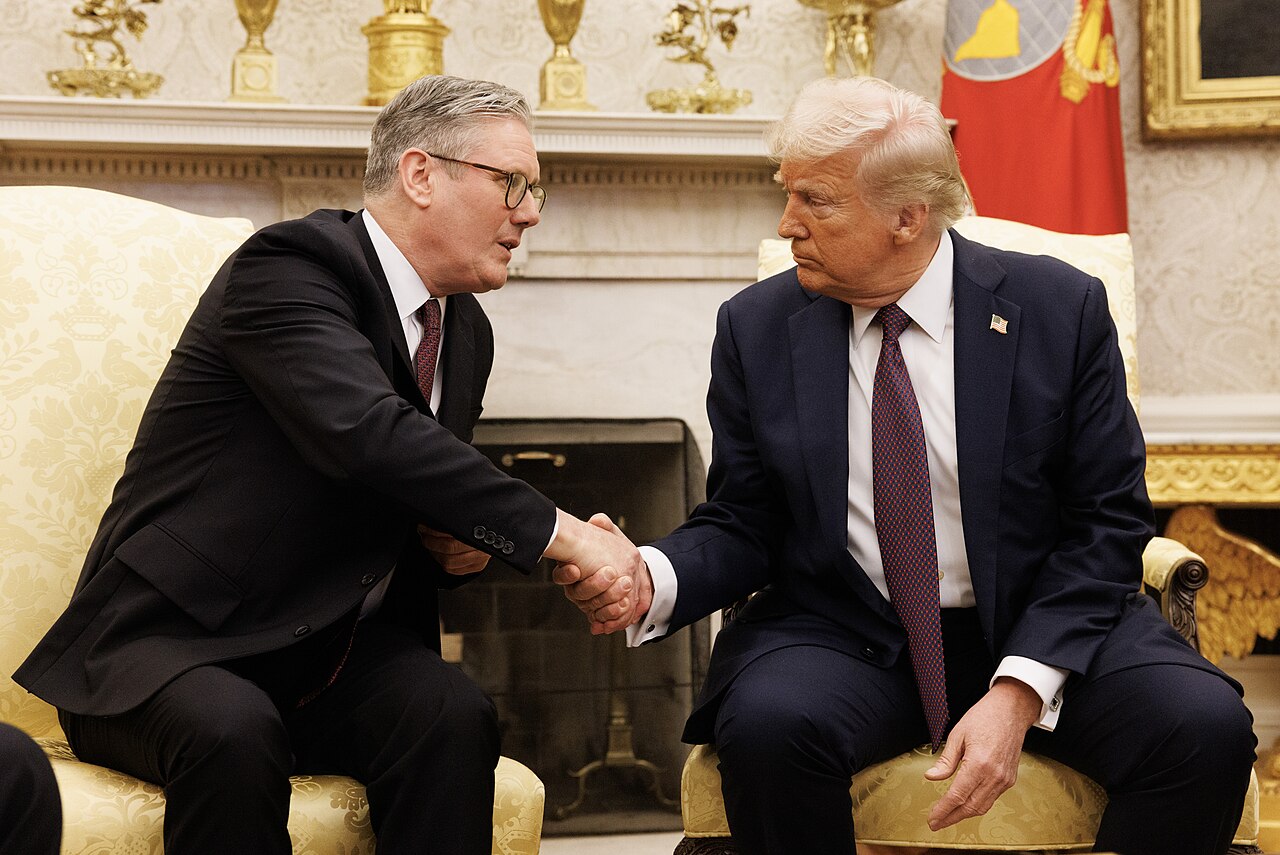 BBC News
BBC NewsBorrowing was £17.4bn last month, the second highest October figure since monthly records began in 1993.

Finito World
It’s not quite the comprehensive trade deal that once headlined Conservative manifestos, but make no mistake: this week’s tariff-reduction agreement between the UK and the US is a diplomatic win for Prime Minister Keir Starmer—and a meaningful, if modest, boost for UK industry.
After years of stalled progress and posturing, it seems Britain has finally edged into a trade breakthrough with its largest export market. Under the deal, US tariffs on key British goods—steel, cars, and possibly pharmaceuticals—are set to be reduced or scrapped. That matters. UK exports to the US were worth almost £200 billion last year, but they’ve been weighed down by blanket 10% tariffs and targeted levies of up to 25% on steel and aluminium.
Starmer’s team isn’t calling it a silver bullet, but in the words of Dr. Anna Mitchell, Senior Fellow at the Centre for Economic Policy Studies: “This agreement helps stabilise the trading relationship at a time of global uncertainty. It’s pragmatic and potentially job-sustaining in some of the UK’s more vulnerable industrial regions.”
This follows hot on the heels of the UK-India trade deal, which promises a £4.8 billion annual GDP bump and lower export taxes for UK goods—particularly welcome news for British distillers and carmakers. It’s rare to see a British PM pull off two trade announcements in a single week, and rarer still for them to come from two such radically different partners.
So, what does this all mean for UK jobs and business confidence?
For a start, the symbolism matters. After a bruising local election result and continued criticism from business leaders over Labour’s cautious economic positioning, this shows a government capable of delivering results on the global stage. Tariff relief means British producers—especially in steel and manufacturing—have more breathing space. It’s also a shot in the arm for the notion that post-Brexit trade is possible, even if it looks more incremental than revolutionary.
There are, of course, caveats. Critics have rightly pointed out that the deal is narrower in scope than a full FTA and that Parliament will want a say before any champagne corks are popped. Daisy Cooper of the Liberal Democrats has already called for a Commons vote, warning against any “concessions that threaten our NHS or undermine farmers.”
Still, there’s a quiet confidence in Whitehall that this week has changed the narrative. As trade expert Marcus Price puts it, “What this government is doing well is under-promising and over-delivering. That’s a marked shift—and businesses will notice.”
Whether this reshapes the political weather remains to be seen. But for now, a deal’s a deal—and for UK Plc, it’s a welcome step in the right direction.